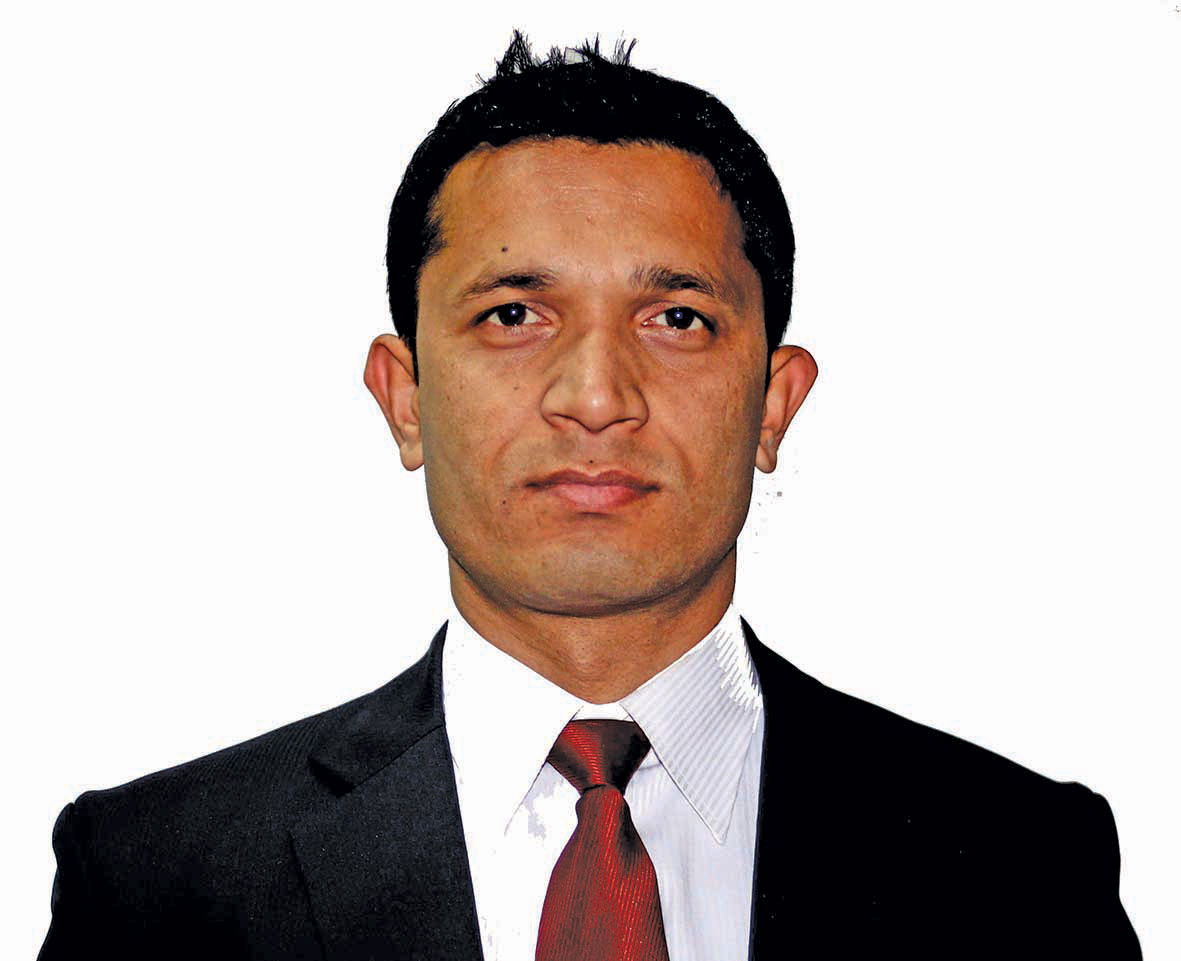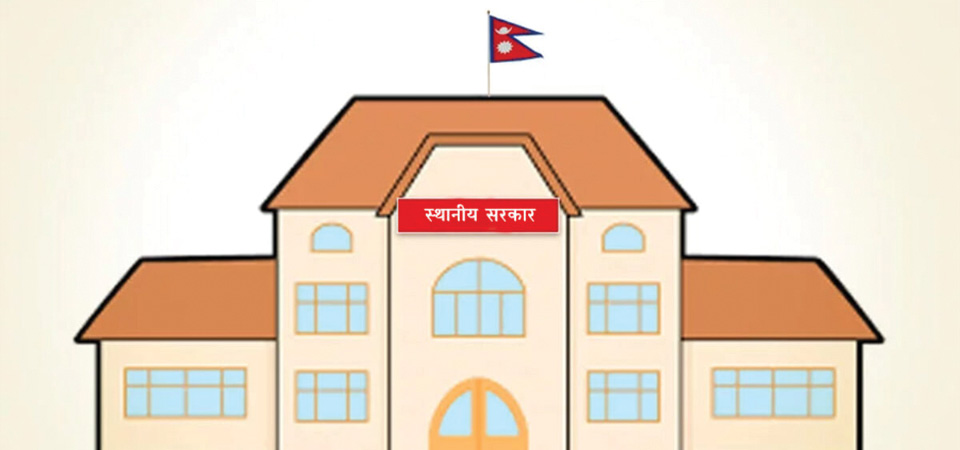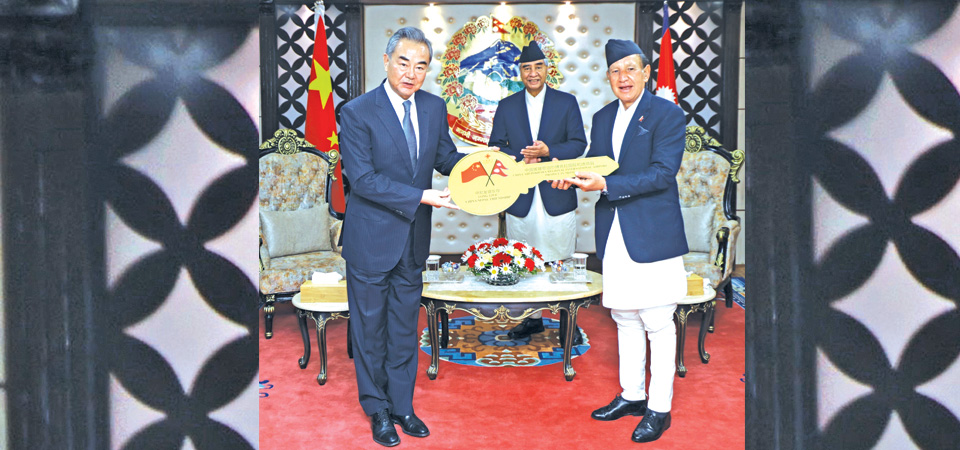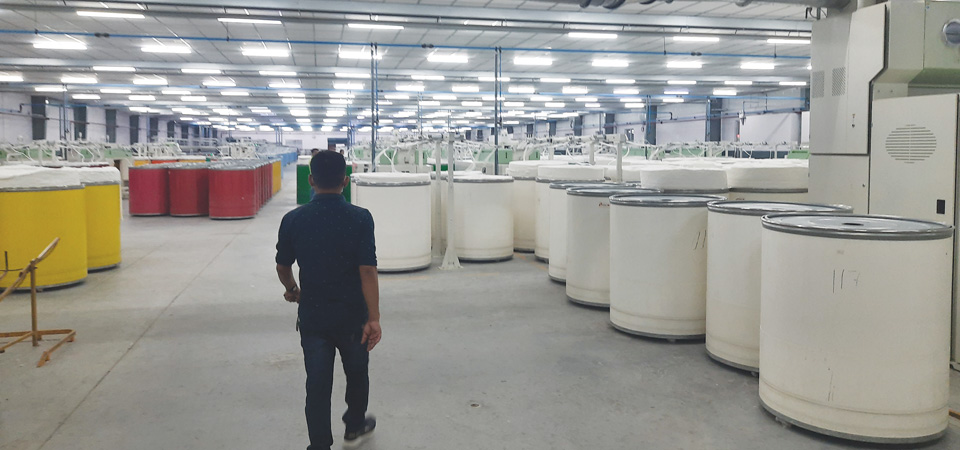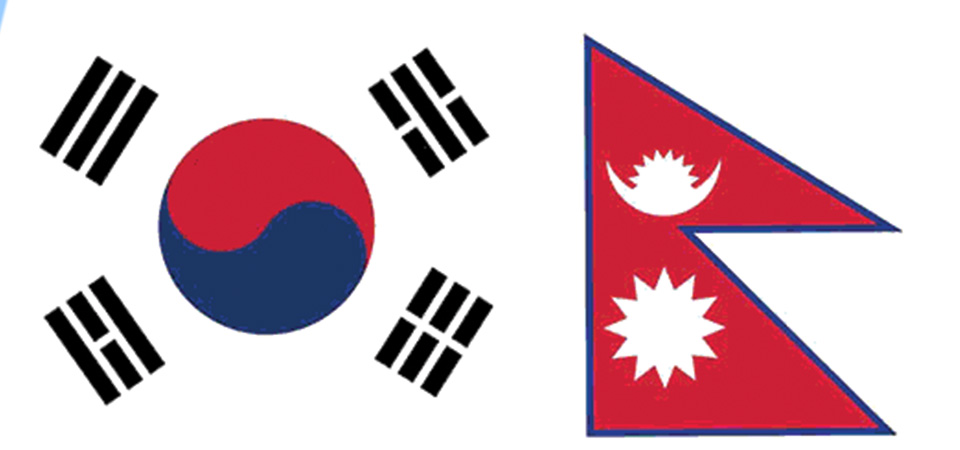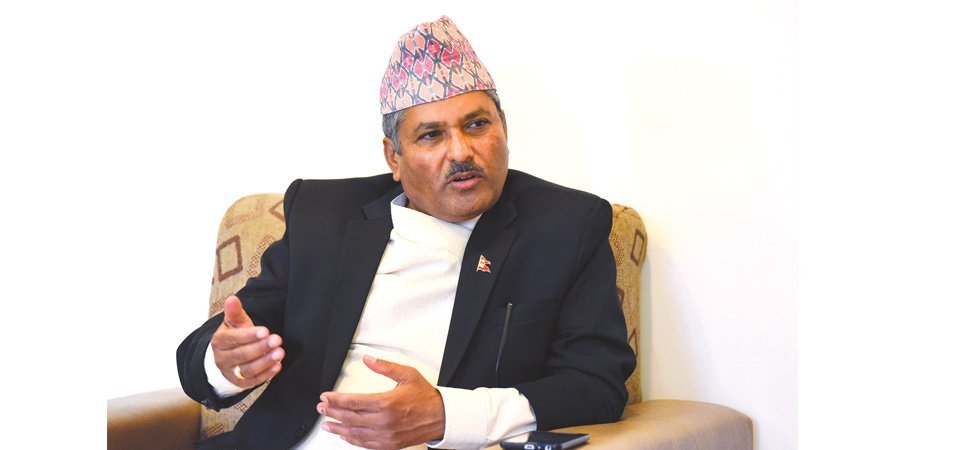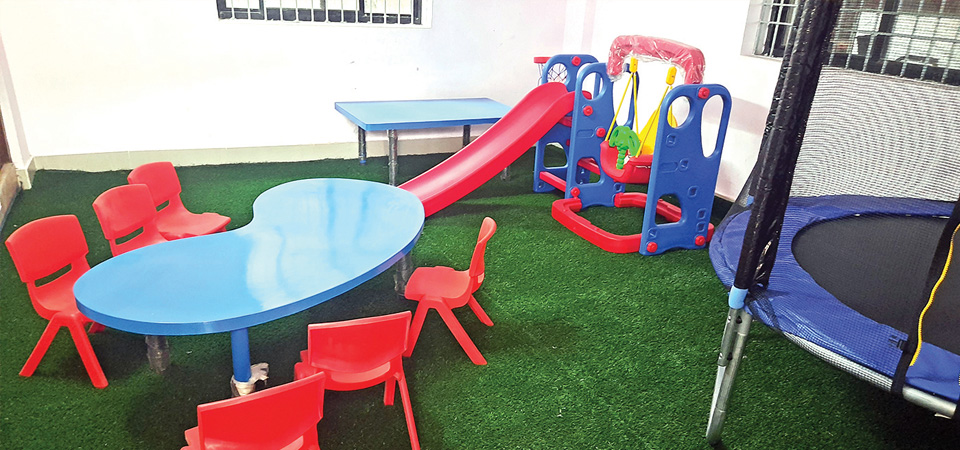Impunity in transport sector leaves passengers high & dry
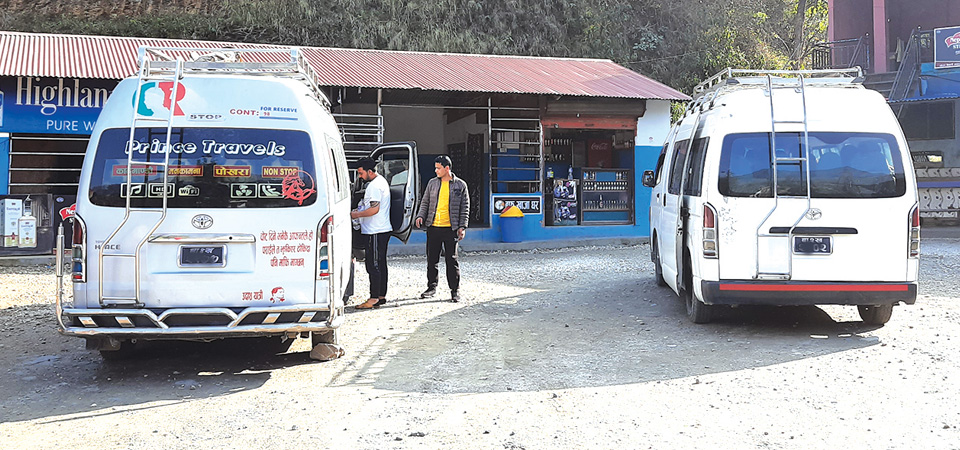
By Modnath Dhakal
Kathmandu, Mar. 13: Rohit Thapa of Pokhara boarded a microbus, Ba 4 Kha 2977, from Amarsingh Chok for Kathmandu last week. He was surprised to see 3+1 seats in the microbus but remained silent even though he was having problems in even taking his cell phone from his pants' pocket after three passengers were crammed in a seat that was actually meant for two.
His frustration crossed the red line when the helper sent another passenger to sit on a slab put between the two seats blocking the narrow aisle. He shouted and protested but all in vain. Thapa completed the journey in discomfort, he cursed the driver and helper multiple times. The micro that was made for 15 passengers was carrying 22 people, about a third higher than its actual capacity.
The microbus fearlessly moved ahead and without any restriction and checking reached Nagdhunga, the entry point to the Capital city Kathmandu. However, before reaching the last bend to get the view of the police checking, the driver and the helper asked four passengers to get off the bus and cross the inspection spot on foot. The helper accompanied the passengers. Post the checkpoint, the microbus waited for more than five minutes for them.
This bizarre incident is not an isolated event but an everyday phenomenon. Almost every microbus from Pokhara and surrounding areas coming to Kathmandu has modified the industry-set seats and accommodations to carry more passengers. It makes the journey of about six hours a disappointedly bad trip.
Nagdhunga, only check-point
Vehicles from Pokhara, one of the major tourist destinations in the country, cross three other districts to reach the Kathmandu Valley but there is hardly a thorough check of the fitness of the vehicle, quality of service, safety and comfort of the passengers and adherence to other transport regulations. The only check-point that they encounter is Nagdhunga which means their illegal and unethical activities go unnoticed up to this point and such practice is replicated in return from Kathmandu as well.
Police personnel at the checkpoint say that they take action against vehicles that modify the industry standards and carry more passengers than the allowed number.
Mohan Prasad Bhattarai, former mechanical engineer of the Department of Transport Management (DoTM), said that the maximum capacity of microbuses that run in the Kathmandu-Pokhara route is 16, including the driver and helper.
Every vehicle has industry specifications and standards for the number of seats, length and width and leg space. Microbuses have 14-15 seats, minibus 16-25 seats and buses above 26 seats.
"Passenger vehicles, except large buses, can reduce the number of seats to offer more luxury in their services but they can't put extra seats. Companies design the ambiance of the vehicle in a scientific way so disturbing it can be risky as well," said Bhattarai.
Stern actions required
Traffic police said that it was serious and vigilant about the activities that endanger the safety of the passengers. "We have intensified the checking and punishment in the recent days but regular inspection is not possible with insufficient manpower," said SP Sanjib Sharma Das, Spokesperson of the Metropolitan Traffic Police Division.
According to him, the traffic police confiscate more than 50 temporary seats and collect about Rs. 36,000 in fines in a day. But it has been insufficient to discourage the passenger vehicles, especially the microbuses from their misconduct.
Likewise, Gandaki Province Traffic Police Office in Pokhara said that they also lack the manpower to conduct regular inspections. According to it, the number of vehicles per traffic police in Gandaki province is 1,395.
However, an inspection of vehicles is not the duty of the traffic police but of DoTM which occasionally conducts surprise checks.
"We have only one team for inspection which cannot conduct regular activities so it acts on the basis of complaint registered at the DoTM," it said.
Nobody's job
But consumer rights activist Madhav Timalsina said that it was not the lack of manpower or technology but the lack of will and accountability that allowed errant vehicles to go unpunished. "It is the duty of the government to ensure quality service to and safety of the consumers. However, it has become the job of nobody," he said.
Most of the passengers do not complain about it, rather silently curse the driver and helper and complete the journey. "Many of the passengers do not know about their rights. Quality and comfortable journey is their fundamental right. Although there are legal instruments to punish such acts and people, their implementation is very poor," said Timalsina.
Article 44 of Nepal's Constitution has ensured the quality goods and services as the fundamental rights of the people. But they are humiliating themselves even after paying the price for the service.
What is in the law?
Vehicle and Transport Management Act, 1993 has a provision that no vehicle is allowed to keep passengers in other space besides the seats and board more passengers than the total seat capacity.
The law also contains punitive measures for such acts. It has a provision of 'transport inspectors' who can inspect if the vehicles have followed the rules. But there are no inspectors to conduct regular inspections.
The Chief District Officer chairs the traffic management committee in the respective district. The very provision makes it a weak mechanism as the CDO has so many responsibilities that this task doesn't receive his attention and priority.
Recent News

Do not make expressions casting dout on election: EC
14 Apr, 2022
CM Bhatta says may New Year 2079 BS inspire positive thinking
14 Apr, 2022
Three new cases, 44 recoveries in 24 hours
14 Apr, 2022
689 climbers of 84 teams so far acquire permits for climbing various peaks this spring season
14 Apr, 2022
How the rising cost of living crisis is impacting Nepal
14 Apr, 2022
US military confirms an interstellar meteor collided with Earth
14 Apr, 2022
Valneva Covid vaccine approved for use in UK
14 Apr, 2022
Chair Prachanda highlights need of unity among Maoist, Communist forces
14 Apr, 2022
Ranbir Kapoor and Alia Bhatt: Bollywood toasts star couple on wedding
14 Apr, 2022
President Bhandari confers decorations (Photo Feature)
14 Apr, 2022
